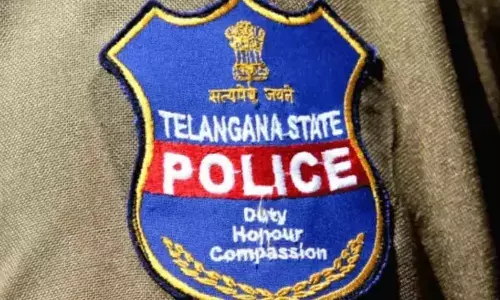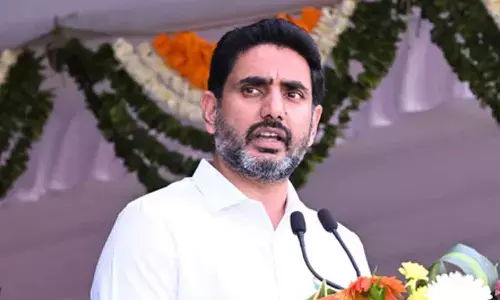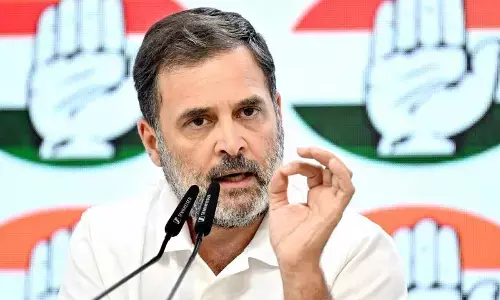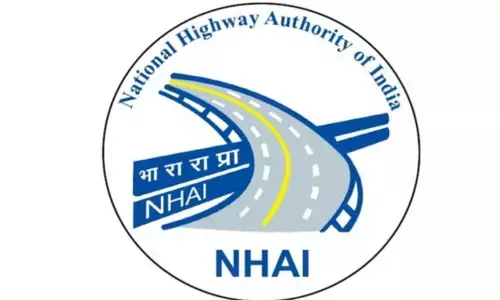'Total deficit of trust' amidst govts
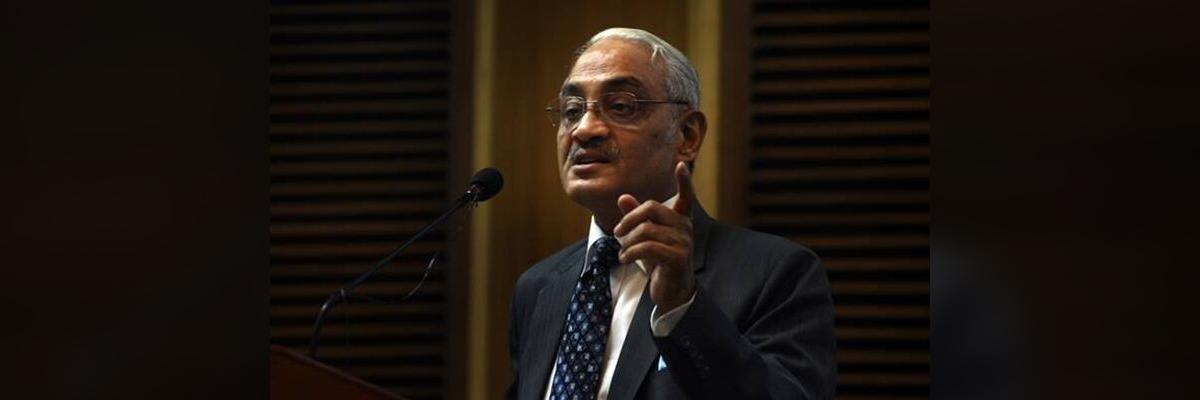
Former chairperson of the National Green Tribunal, Justice retd Swatanter Kumar, on Saturday said that tackling air pollution has to be a collective effort and there is a total deficit of trust among various governments
New Delhi: Former chairperson of the National Green Tribunal, Justice (retd) Swatanter Kumar, on Saturday said that tackling air pollution has to be a collective effort and there is a "total deficit of trust" among various governments.
While speaking at the inaugural session of "Air pollution in Delhi NCR: What can be done?", organised by O P Jindal Global University (JGU), Justice Kumar said, "It has to be a collective effort.
It cannot be individualism. All measures must be taken simultaneously. No government can singly handle prevention and control of pollution in a country like ours which is full of people. There is a total deficit of trust. Interconnect functioning between different governments is absolutely nil." "The situation is very bad, and we can't do anything about it," he said.
Talking at the session, C Raj Kumar, founding Vice-Chancellor of JGU said that examples can be drawn from across the world to tackle the crisis of air pollution in Delhi.
Justice Kumar added that the generator of pollution are human beings, and it is they who have to solve it.
"The sources of air pollution are known-vehicular pollution, dust generated by construction activities, industrial emission, solid waste and plastic burning, which is the worst. There are colonies in Delhi where plastic is plain and simply burnt.
There is nothing more dangerous than a carcinogenic caused by burning of plastic. Nobody worries about it," he added.
He further said nobody is thinking about precautionary measures. "We are building hospitals. Every colony is full of hospitals, but nobody is thinking about precautionary principles.
How to ensure precautions so that we need less hospitals and we treat public health as a more important subject, which is being taken care of," Justice Kumar said.
He added that there are 1615 unauthorised colonies in Delhi. "Your every colony which is developed can't function because of the undeveloped colonies, entire sewage system. Everything has failed," he said.
Talking about the implementation of Delhi Cabinet's plan to procure 1,000 low-floor electric buses, the former chairperson of NGT said that to implement the plan first "we have to create spaces for the vehicles. "You can't widen the roads.
So, you have to condemn cars. You can't have 20-year-old diesel cars on the road. You have to take them off the road," said Justice Kumar.
Speaking at the session, Raj Kumar said, "There are examples of how cities have attempted to solve this problem in a relatively short span of time. There are examples from both developed and developing countries -- China, South Korea, Mexico as well as California.
There are issues surrounding sustainability as well as use of technology and responsible use of resources, all of which have potential to address their initial problems."
Delhi chief secretary Vijay Kumar Dev said we are all in a royal mess.
"The air is poisonous and non-breathable. We have developed so much that Delhi is hardly liveable. Indices of Particulate Matter (PM) are our severest concern," Dev said.
He further said that a two-prong strategy is required to deal with this.
"One is mitigating governance failure. Officials, those territorially in-charge, should be held accountable. Accountability is not being stressed... second is coordinated action of various agencies. There is a lack of coordination at various levels right from the implementation to policy making level. We have to ensure convergence of various stake-holders involved in the issue," said Dev.
He further said that sectoral planning has been done but time limits have not been adhered to. "We have to take harsh measures wherever required," he said.
Dr Bhure Lal, chairman of Environment Pollution (Prevention and Control) Authority said a cultural change is needed to deal with the issue.
He said that, though laws were passed, and hefty fines were imposed on stubble burning, the farmers burned it. Lal further said that we need an efficient public transport policy and number of buses must be increased and public transport promoted.
"Efficient reliable bus system required. Cars must be disgraced," he said. He added resistance is there from all parties who have vested interests and said that we need to resort to principle of recycle and reuse.








